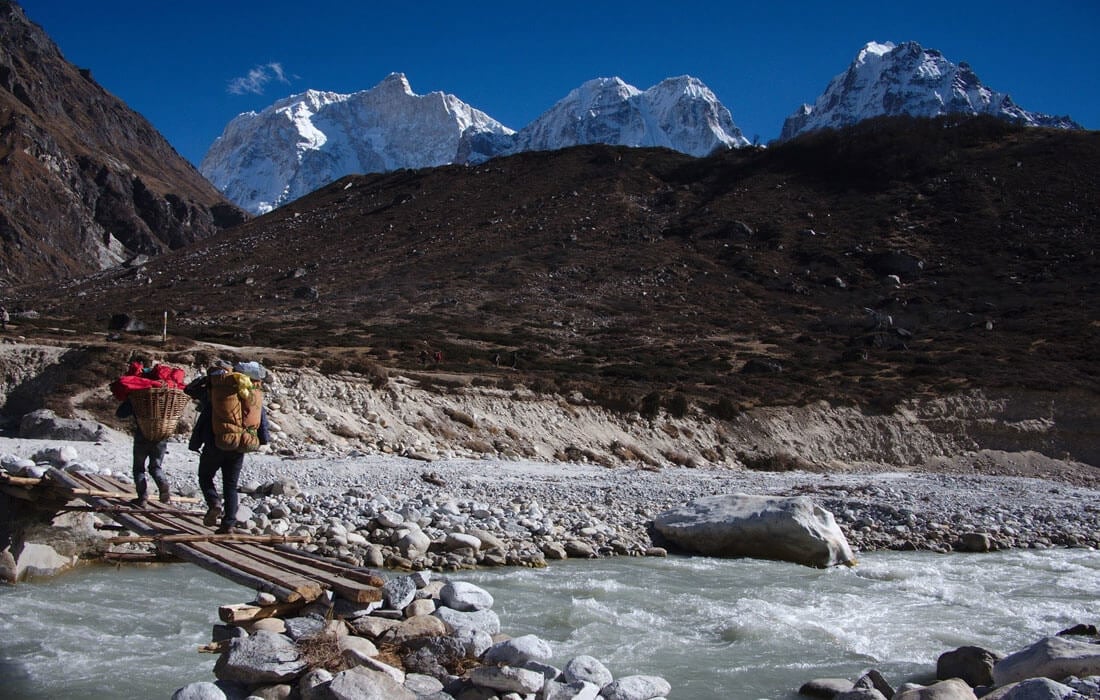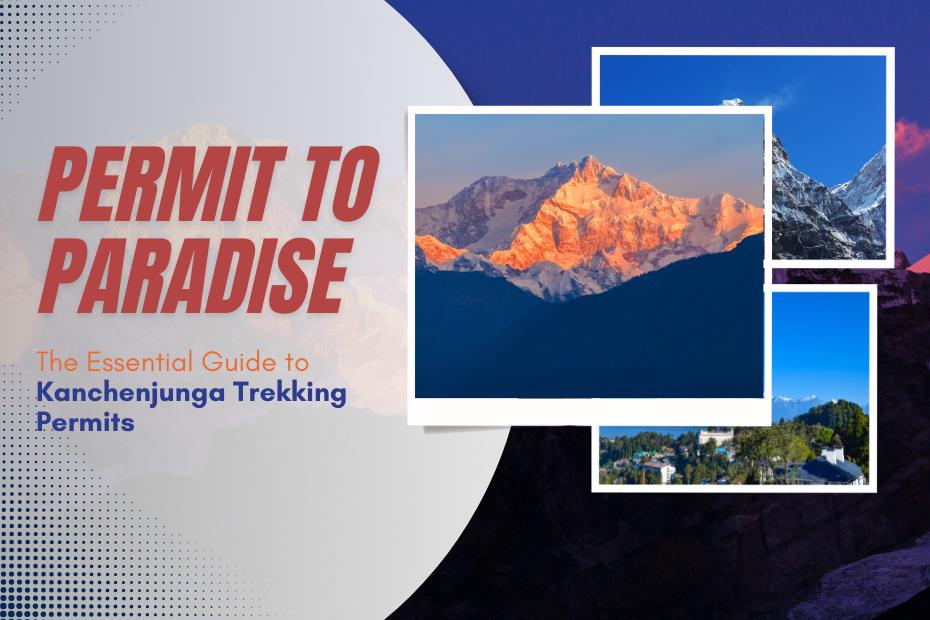
Essential Facts for Trekkers
Trekking in the remote and majestic Kanchenjunga region is a once-in-a-lifetime adventure—but it also comes with unique challenges. Before setting off, trekkers must equip themselves with essential information to ensure a smooth and safe journey through this secluded Himalayan trail.
Key Facts Every Trekker Should Know:
- Restricted Area Permit Required:
- Kanchenjunga is a restricted trekking region. Trekkers must obtain a special permit and be accompanied by a licensed guide and at least one other person.
- Guide and Porter Services:
- Hiring experienced guides and porters is not just helpful—it’s mandatory for safety and navigation in this remote landscape.
- Weather Variability:
- Weather can change rapidly, especially at higher altitudes. Trekkers should be prepared for sudden rain, snow, or drop in temperature—even in peak seasons.
- Basic Infrastructure:
- Lodges are available in most villages, but the facilities are basic. Don’t expect luxury—come prepared for a more rustic and authentic Himalayan experience.
- Physical Fitness:
- The trek involves long walking days, high elevation, and steep climbs. Proper physical preparation is strongly recommended.
- Connectivity & Charging:
- Mobile networks are weak or unavailable in many areas. Electricity for charging devices is limited and sometimes comes with an extra fee.
- Health & Hygiene:
- Bring personal hygiene supplies, water purification tablets, and basic medical items. Access to pharmacies and clinics is limited on the trail.
- Cultural Respect:
- Learn and follow local customs. The Kanchenjunga region is culturally rich, and respectful behavior is highly appreciated.
- Eco-Awareness:
- Practice Leave No Trace trekking. Carry reusable items and avoid plastic waste. The region is fragile and must be preserved for future generations.
Suggested Preparation Checklist:
- Valid passport, permits, and insurance
- Reliable trekking boots and weatherproof clothing
- First aid kit and personal medications
- Solar charger or power bank
- Snacks, energy bars, and hydration solutions
- Lightweight sleeping bag (rated for cold temperatures)
You might also like



